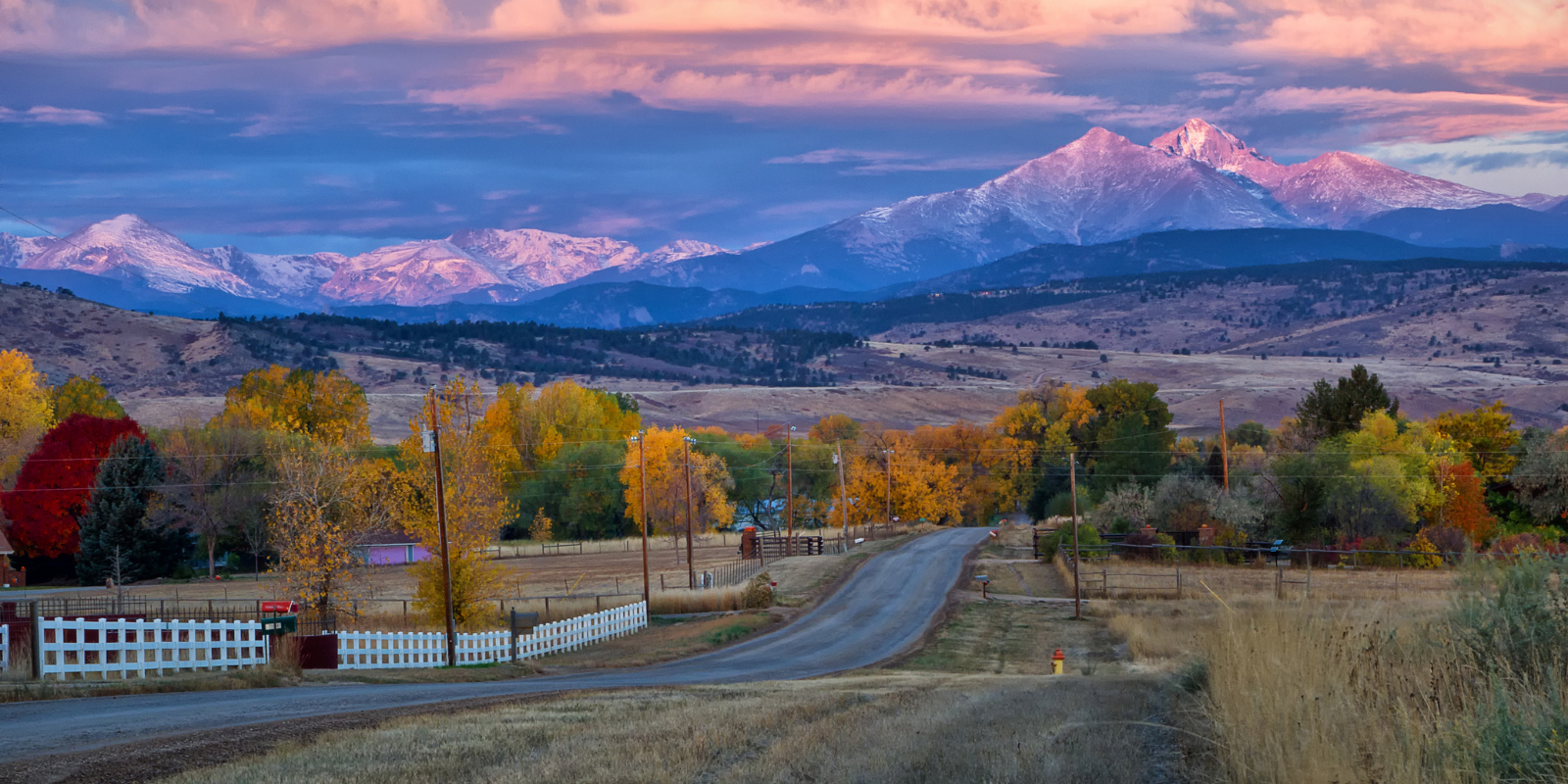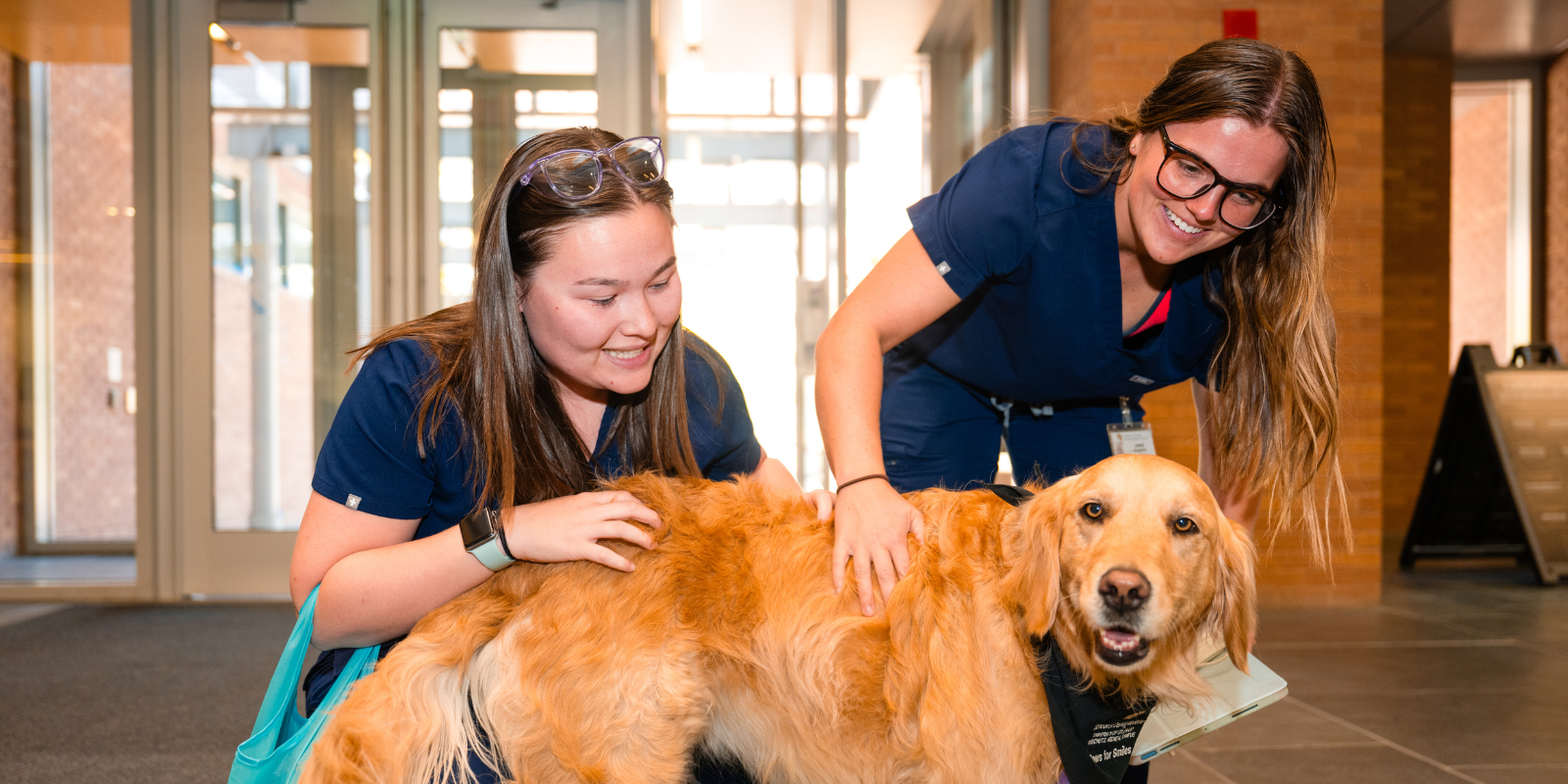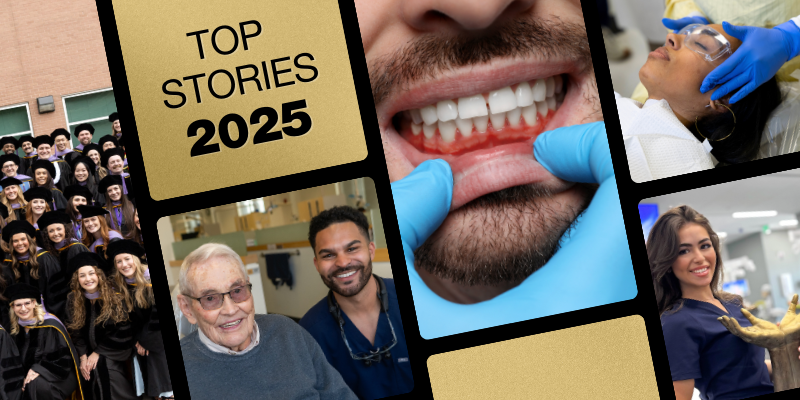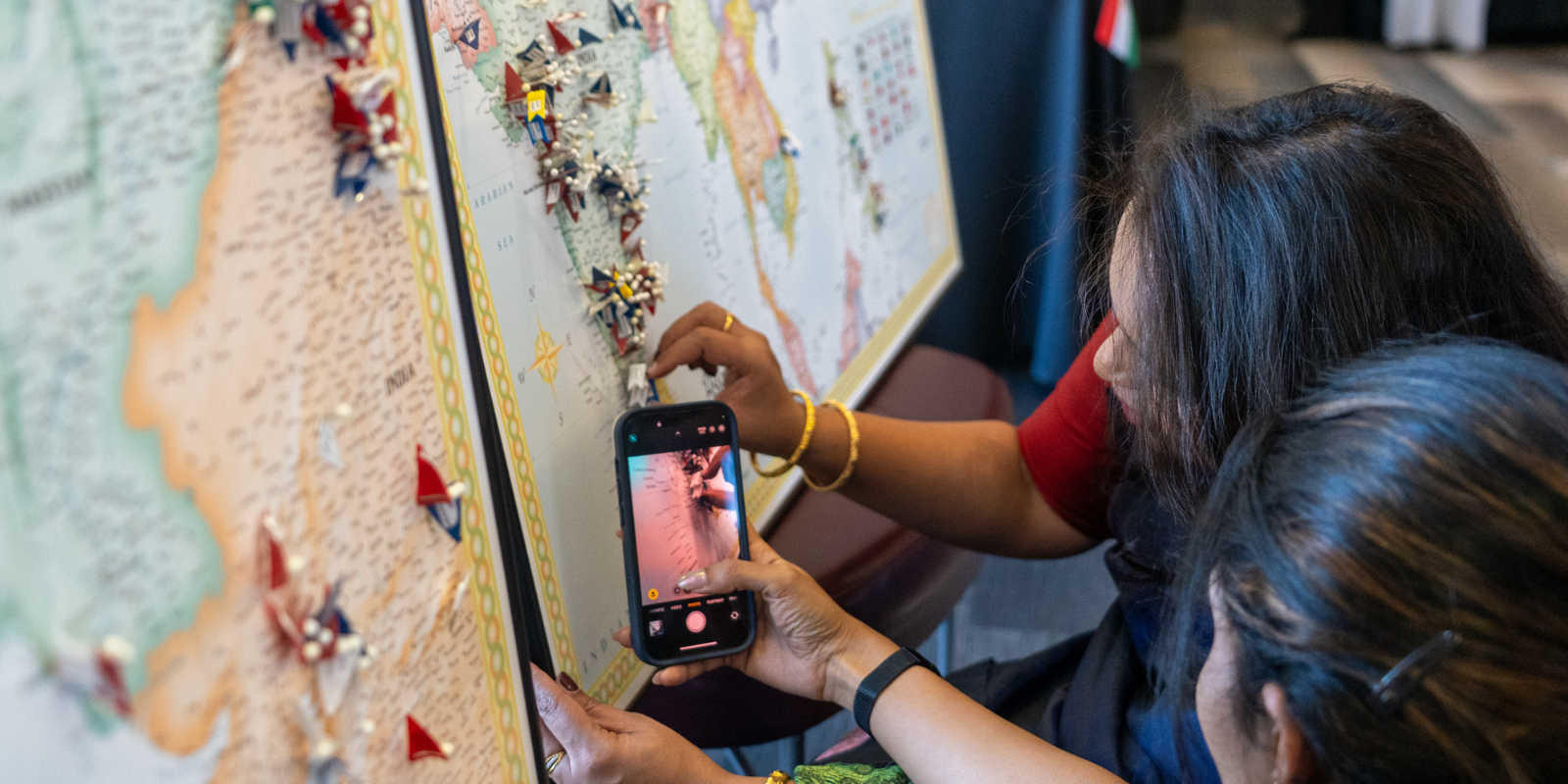Alex Hays discovered she wanted to be a rural dentist the day she tried—and failed—to catch a fly ball with her mouth.
It was a Friday afternoon in the small town of Gunnison, Colorado. During practice for her high school softball team, the setting sun blinded Hays and she didn’t see the ball before it smashed into her upper lip. The force of the impact pushed her front teeth down and back, so that she could not close her mouth.
When Hays’ mom came to pick her up, she said she had just run into the town dentist—Josh Osborne, DMD, a family friend—at the town’s Oktoberfest, and if they went over to the festival, they could probably catch him. Within a couple of hours, Hays was sitting in the dentist’s chair, her dad filling in as dental assistant, getting her teeth repaired.
“I really liked how Josh was the community dentist, and he was able to fix the immediate problem right there,” she said.
Today, Hays, 24, is a second-year dental student at the University of Colorado School of Dental Medicine, and a member of the inaugural cohort of the school’s Rural Oral Health Track. These students take extra classes and do most of their clinical rotations in rural areas to prepare them for careers as small-town dentists. Working for a certain number of years in rural practices also makes them eligible for federal and state scholarships, and loan repayment plans, that can offset the cost of their dental education.
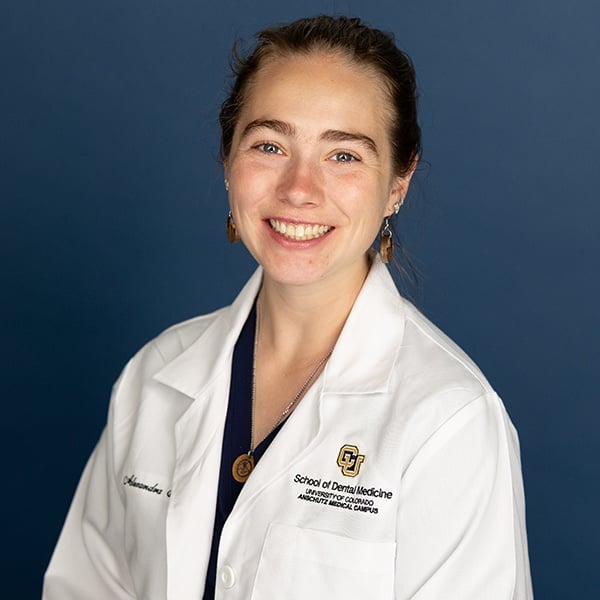
Bruce Dye, DDS, MPH, professor and chair of the Department of Community Dentistry and Population Health, said the rural oral health track was started in response to a pressing need: a shortage of dentists in rural Colorado. Indeed, the 2023 Colorado Health Access Survey found that more urban Coloradans reported good or excellent oral health than those in rural areas (83.0% compared with 78.3%). Some county-by-county comparisons were even starker. In Douglas County, nine out of 10 people reported good oral health. But the survey found that in the San Luis Vally, Pueblo County and southeast Colorado, more than three in 10 residents reported fair or poor oral health.
This rural oral health care gap is not limited to Colorado. A 2023 report by the CareQuest Institute for Oral Health found that 67 percent of rural areas are officially designated as Dental Health Professional Shortage Areas.
Dye said the hope is more dental students launch their professional lives in the counties where Colorado needs them most. “In so many rural communities, people have to travel long distances to get to a provider,” he said. “Getting young dentists interested and inspired to live and work in rural communities is really important.”
Rarely a dull moment
Kyle Larsen, DDS ’17, a CU Dental alum and preceptor with the Advanced Clinical Training and Service (ACTS) program, who received this year’s Outstanding Preceptor Award, elected by the DDS Class of 2024, said one common misconception is that rural practice is all extractions and emergency work—but nothing could be further from the truth.
At his clinic in Trinidad, Larsen sends patients to specialists for certain advanced procedures, like surgery for impacted wisdom teeth, placing implants or periodontal grafting. But otherwise, “I'm doing a lot of root canals. I'm doing fillings, dentures, crowns,” he said. “I never get bored. I practice in every way that I can.”
Dye said rural dentists also work more closely with local physicians and other medical professionals, as they will often share the same patients and may even, like Larsen, have their clinics located in the same building. That is why the rural track students take extra classes, developed by Colorado physicians, nurses, dentists and others, to learn how to communicate and work with primary care providers, as well as to study critical issues related to rural healthcare and providing rural medicine.
Dye said rural providers must also navigate a patient population that doubles as a social circle, peopled as it is with neighbors, friends, perhaps their spouse’s co-workers or their children’s teachers. For Larsen, that’s been a benefit. “You see patients for their appointments, you see them driving out on the road, you see them at the grocery store,” Larsen said. “And so, it gives you a sense of closeness, because it's not just, ‘see you in six months’ or ‘see you next week for your appointment,’ it's ‘Hey, I'm going shopping later. I'm probably going to run into you tonight.’”

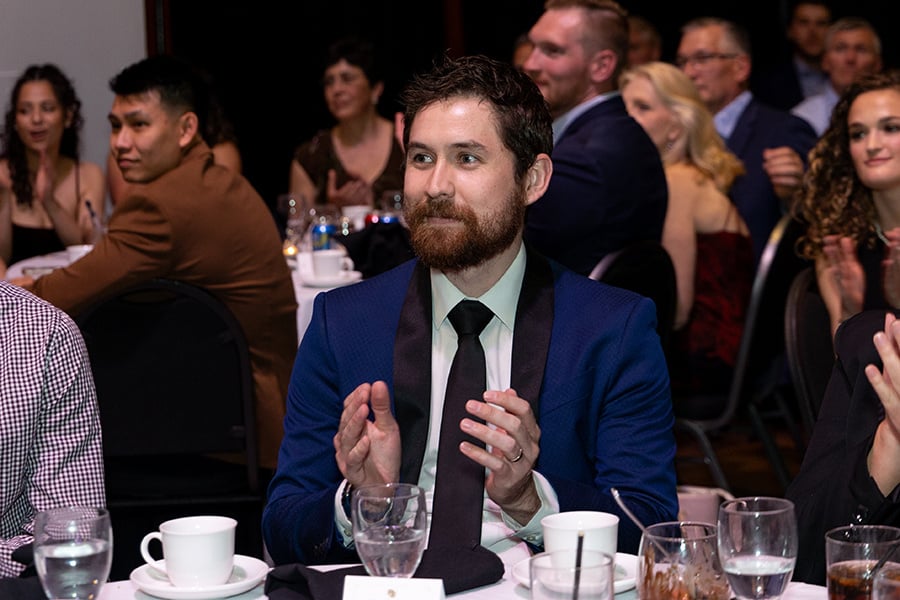

Beloved hometown dentist inspires a career
It was a close connection with her small-town dentist that first sparked Olivia Clark’s interest in dentistry. Today, the second-year CU Dental student is a classmate of Hays in the Rural Oral Health Track.
Clark, 26, grew up on a former Wisconsin dairy farm that her parents converted back into prairie. Whenever she went to the dentist, not only was Dean Wahl, DDS, friendly and cheerful, but he asked her questions about her family’s prairie efforts, and took the time to listen to her answers, though she was only a child, she said. “He’s been my role model forever,” Clark said.
Now Clark dreams of her own rural practice, where she can live closer to the land at home, while creating opportunities for rural residents to access the same quality preventative care that urban dwellers already enjoy.
She said that how to make that happen is a challenge she and her rural track classmates consider every day. “How can we improve access to care?” she said. “And how can we make ourselves better to be able to provide that care?”
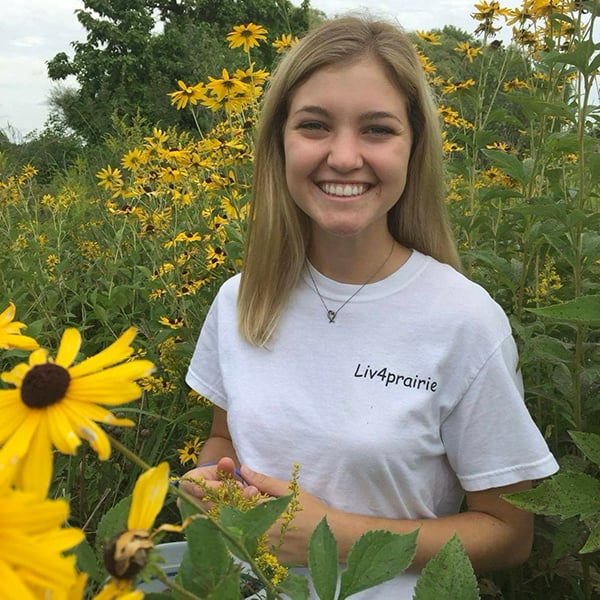
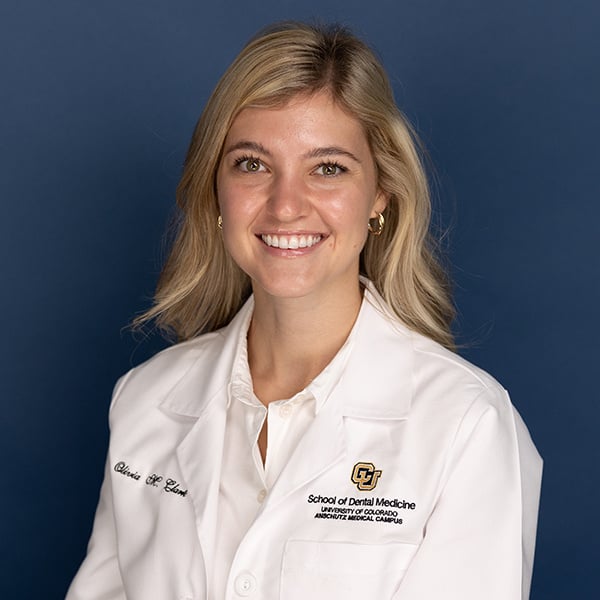

Dye said he’s been glad to see the student engagement, especially because the school is training these new dentists to be more comfortable handling difficult cases, refer less, and generally be at home in small town settings.
He said, “The number one thing we're really trying to do is help those students who have a strong desire to go back to a rural community to practice, to help them be more successful.”
